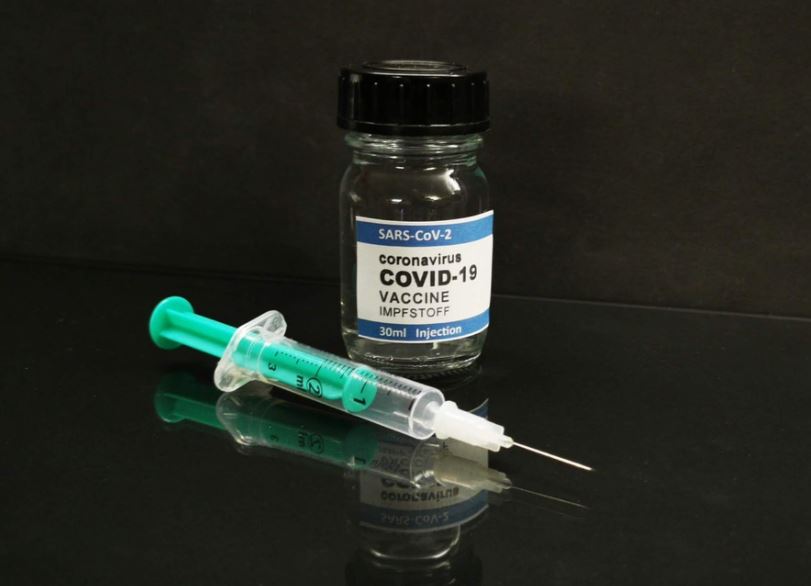Latest Astrazeneca Vaccine News
For AstraZeneca, the covid-19 vaccine is turning into a headache. Its effectiveness has been called into question, the EU is furious about delays in its deliveries and could end up facing legal disputes.
Just a few weeks ago, the British laboratory was applauded for rapidly developing together with scientists from the University of Oxford a vaccine that raised great expectations in the fight against the pandemic.
In addition to being cheaper and easier to transport than that of Pfizer / BioNTech, the British group promised to supply it at cost price so as not to profit from the pandemic.
But the delays announced with respect to the doses initially planned in the European Union (EU) put it in the crosshairs of the bloc.
The European authorities published the contract signed with the laboratory to remind it of its commitment to “produce 300 million doses of the vaccine, without profit or loss.”
At the request of the European Commission, a Belgian plant of the pharmaceutical company was inspected to verify the argument that the lower production is due to a “drop in yield”.
Italy has even threatened legal action – also against Pfizer – to “receive the promised doses.”
According to the British economic daily Financial Times, “the deterioration of relations with the European Union could have negative repercussions for the pharmaceutical group.”
These tensions occur when the AstraZeneca injectable just received the go-ahead from the European Medicines Agency (EMA) on Friday for use by all people of legal age.
Shortly before, the German government had stated that it hoped that the vaccine would only be approved for those under 65, arguing that “there is not enough data” on its efficacy in older people.
The European Commission announced on Friday the adoption of a mechanism by which laboratories that signed preliminary sales agreements with the EU must obtain an “export authorization” before taking vaccines manufactured in it out of European territory.
This is the case, for example, of the American Pfizer, which produces in Belgium the doses it delivers to the United Kingdom, outside the bloc since Brexit.
In Hewson’s view, this could provoke reactions in the UK if its supply is curtailed.
The agreement with the EU ensures that AstraZeneca will do “everything possible” to increase its production capacity, while recalling that compliance with the contract constitutes “a legal, valid and binding obligation”, according to the text published by the Commission, in that confidential clauses were hidden.
Even if the group is not profitable or has a charitable purpose, it is still a classic contract, stresses David Greene, a partner at the Edwin Coe law firm and president of the UK Law Society.
Thus, if AstraZeneca does not demonstrate that it is “using reasonable best efforts” to honor its commitments, it risks potential lawsuits, it says.
But Russ Mold, an analyst at AJ Bell, downplays the financial consequences for the lab. “Despite German Questions and the FDA’s Apparent Lack of Will to approve the vaccine, many other countries seem to want to continue using it, “he emphasizes.
Susannah Streeter, an analyst at Hargreaves Lansdown, points out that the race for the vaccine to contain the coronavirus pandemic has allowed the group “to gain an experience in the field of vaccines that it did not have until then.”
“The fact that this vaccine is so in demand should not cause lasting damage to its reputation, but rather draw attention to the important contribution of the company to bring light at the end of the tunnel of repeated confinements,” she concludes.

